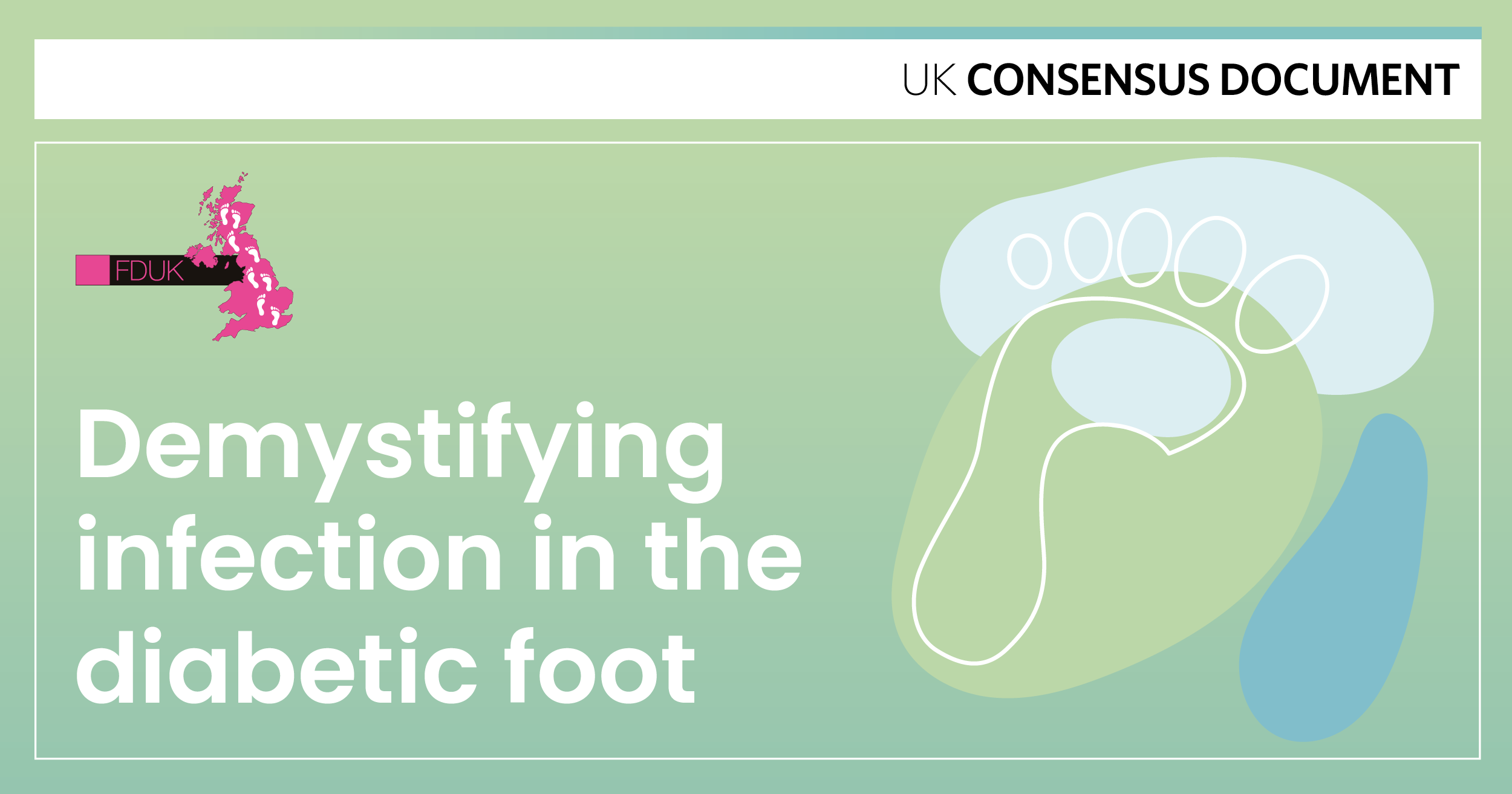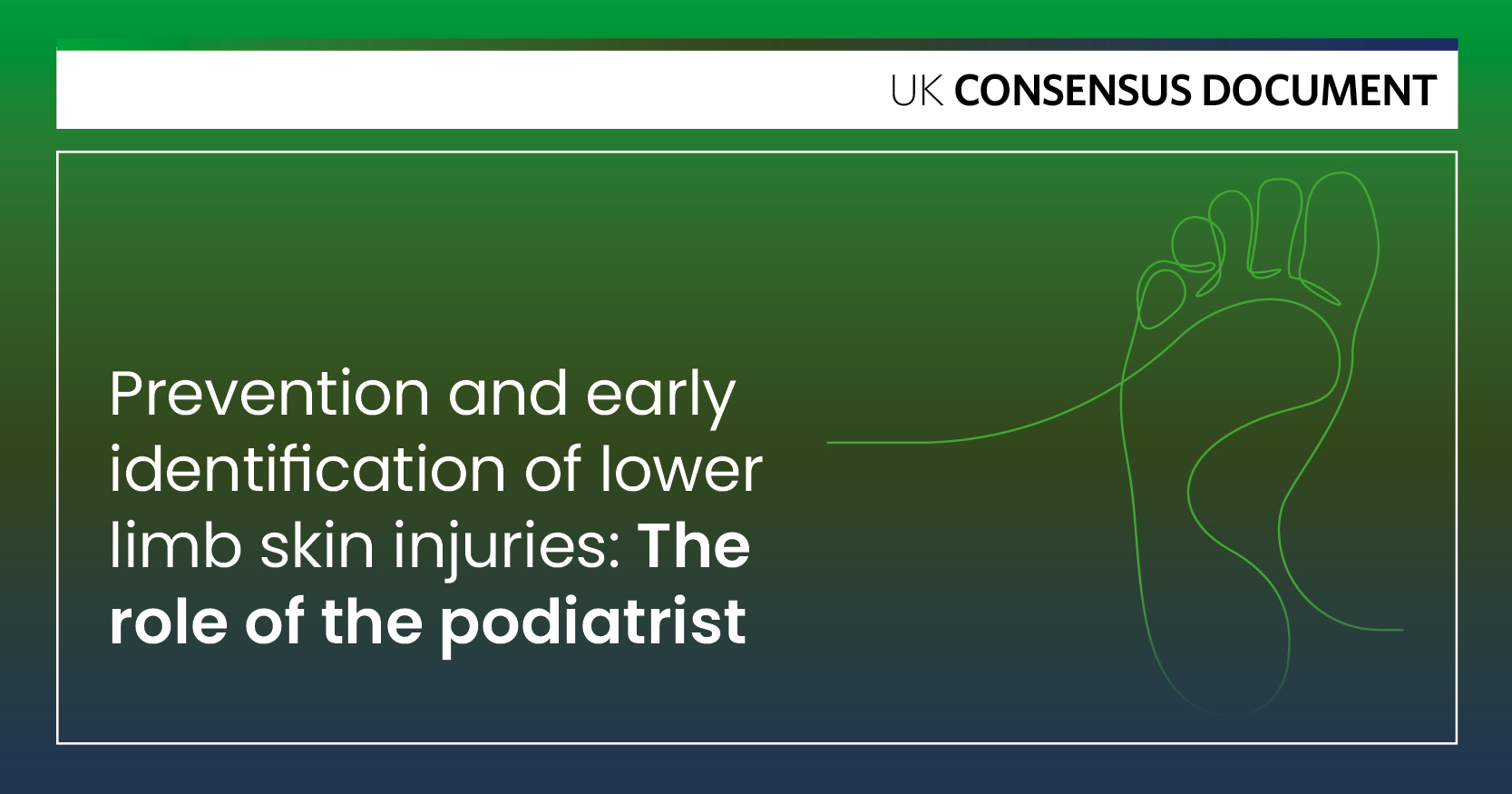For some time now, orthotists have become more integrated in diabetic foot clinics – although this has not been uniform across the UK. The aim would be to have an orthotist as an active member, contributing their skills and knowledge, to every diabetic foot care team in the UK. To do this, we must have a framework that ensures high standards of care are received by all people in need of diabetic foot care, regardless of their location.
The role of the orthotist
Footwear will always play an important role in the day-to-day duties of an orthotist. Beyond this, it is vital that orthotists are recognised by diabetic foot care teams for their biomechanical skills, and the assistance they can give in offloading before, during and after episodes of foot trauma.
It has been my clinical experience that the earlier orthotists are involved in the care of the person with diabetes and foot disease, the better the person’s understanding of the impact of offloading and footwear on healing and future ulcer risk, and thus it improves adherence. Counselling on footwear choices and the use of bespoke footwear should take place over a number of visits, and not be the final act of the treatment cycle.
The right fit
To underpin the role of the othotist in the diabetic foot care team, an orthotics competency framework is being developed in conjunction with our podiatry colleagues in the Scottish Diabetes Foot Action Group. The aim is to produce podiatry and orthotic competency frameworks for the multidisciplinary diabetic foot team that provide a model for best practice. Working under the banner of Quality Improvement Scotland, an initial version of the diabetic foot care orthotic competencies document has been drafted and is currently out for consultation locally.
To implement the competencies, it is envisaged that the initial focus will be on supporting those orthotists already practicing in diabetic foot care who have a sound practical knowledge of the needs of this population. Knowledge gaps would be back-filled by a combination of short courses and on-the-job mentoring by approved personnel at accredited institutions. I believe that it is important for practitioners with existing skills to be supported in this way and, in turn, for them to support the clinical education of those colleagues who later come through Masters-level programmes, but lack hands-on experience.
Beyond borders
It would be most beneficial, both to people with diabetes and to other healthcare professionals working in diabetes care, if this initiative were to be implemented across the UK. To do so would ensure that high-quality diabetic foot care – regardless of where in the UK it was accessed, or whether that care was carried out in a primary care or acute setting – is available to all those who need it.
It is indeed a bright future for orthotists and people with diabetic foot disease if service specifications and clinician competencies can be agreed on and implemented.





